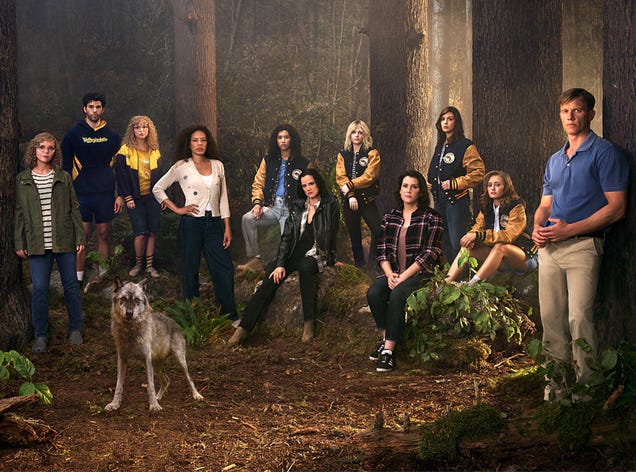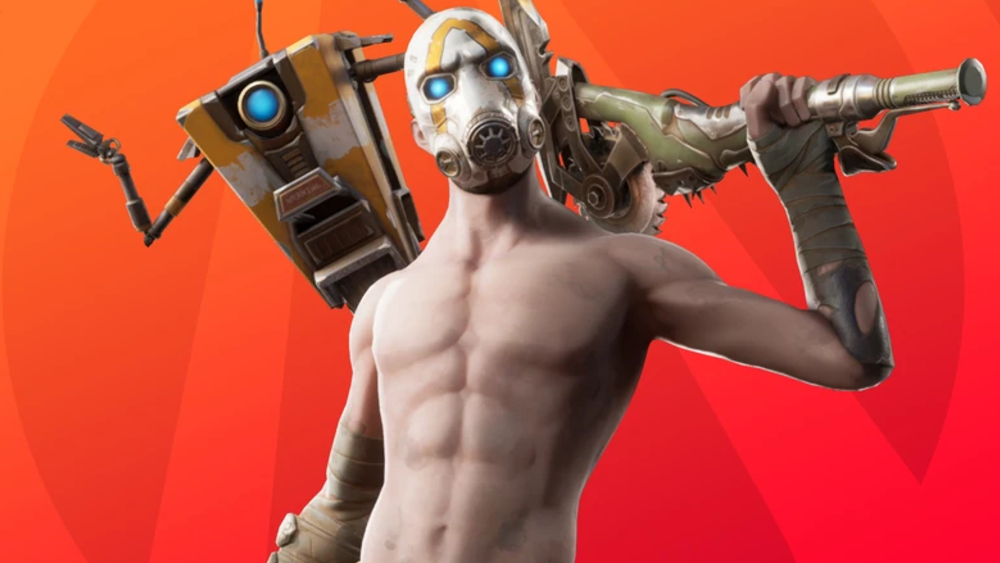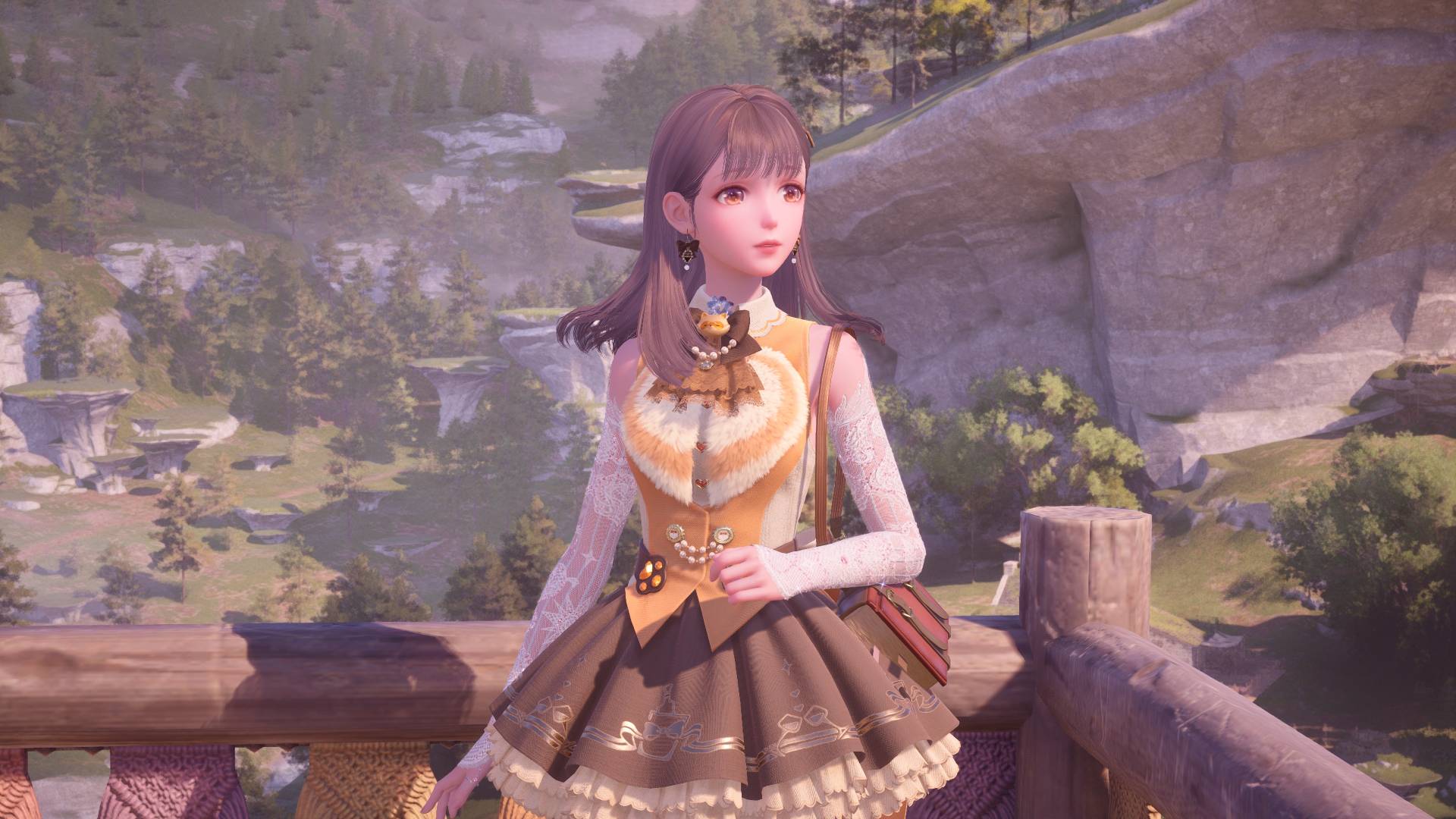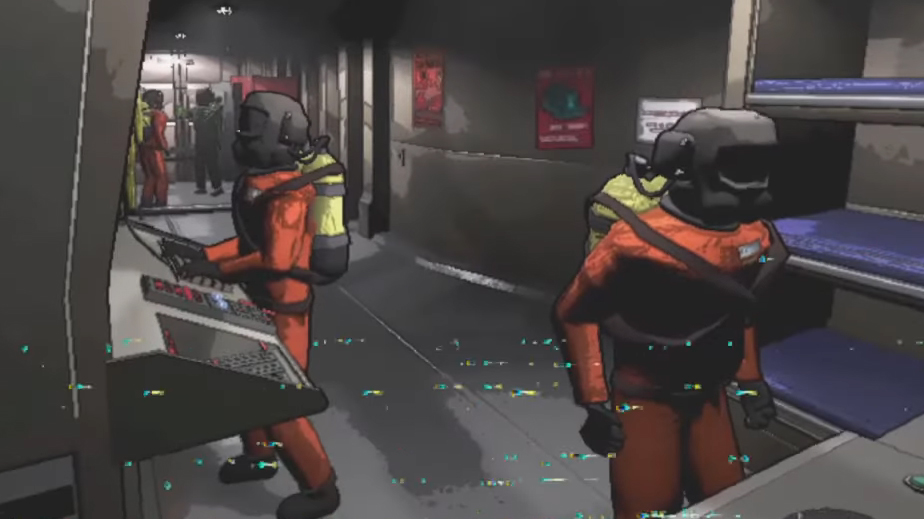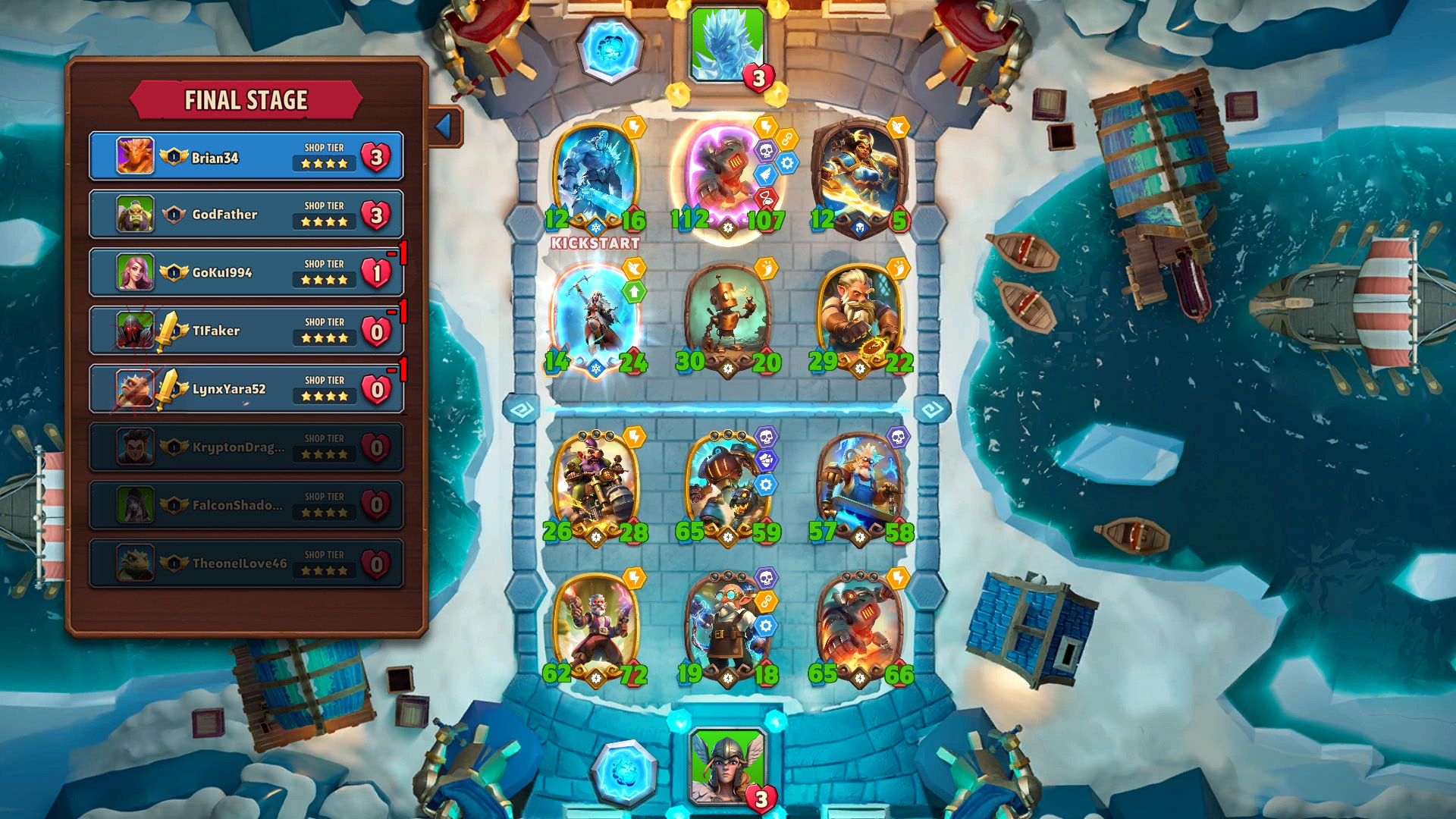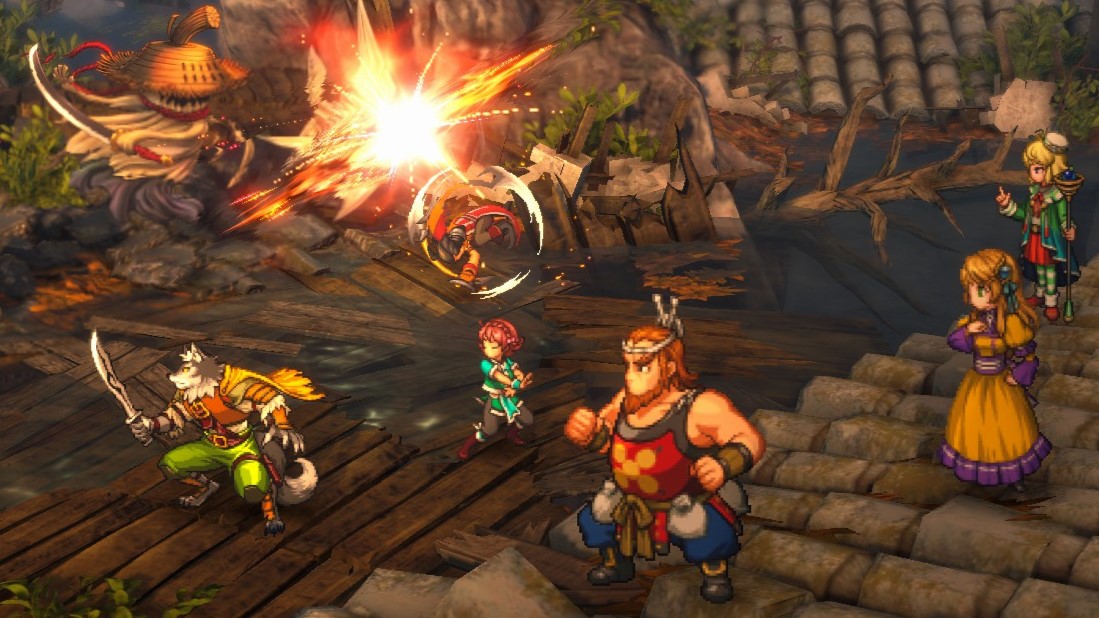
The spirit of adventure sings in Eiyuden Chronicle: Hundred Heroes.
Eiyuden Chronicle: Hundred Heroes has a lot weighing on its shoulders. The new turn-based RPG has to deliver to crowdfunding backers, fulfill its promise of being an ode to ’90s great Suikoden, and prove that its all-star creative team still have the stuff. That’s enough pressure for anyone, but recently it’s been further burdened by the death of its director Yoshitaka Murayama. It’s amazing, then, that I couldn’t feel an ounce of all that weight during my time playing, because Eiyuden Chronicle is as sturdy and vivacious an adventure as anyone could ever hope.
What is it? A throwback RPG with over 100 recruitable weirdos
Expected to pay: $50
Developer: Rabbit and Bear Studios
Publisher: 505 Games
Reviewed on: Windows 10, AMD Ryzen 5 PRO 4650G, 16G RAM
Multiplayer? No
Steam Deck: Not Verified
Link: Steam
Mainly following Nowa, a young man thrust into leadership of a rag-tag alliance fighting against the empire, the set-up reads almost like parody. How cliché can you get? It also probably gives anyone familiar with Murayama’s Suikoden series a serious case of déjà vu. The setup was tropey even then, but what’s important isn’t radical originality or constant subversion. It’s the way this familiar structure and story is told, and Eiyuden Chronicle tells it with supreme confidence.
Nowa might be the protagonist, but Eiyuden is a true-blue ensemble story, a war epic filled with political treachery and a massive cast of well over 30 plot-significant characters. The narrative has no problem drifting away from the main team to peek in on the villains or switch playable characters for a while, constantly making it known that Nowa isn’t the center of the story. Take the Guardians, a group living deep in the forest whose own lives intersect with Nowa’s several times. Their culture and characters are enough to fill an entire game by themselves, dealing with clan politics, attempts at colonization, and their deep relationship with the game’s magic system. Stacked on top of the politically twisty main plot, these threads could easily overwhelm with a mess of names and ideas. But thanks to killer character writing, it never feels like too much.
Each character is wisely defined with simple strokes, motivation and personality always so clear that even at its most complex, there’s never any question about who stands where. That they’re all deeply lovable certainly helps: More than once someone I thought was just a one-off side character would show up hours later in the middle of a high-octane climax and have me jumping out of my chair, celebrating as if I just beat the hardest boss in the game.
This expands well past the thrust of the main story: true to its title, there are over 100 characters to recruit and are they ever characters. Magical girls, ’80s delinquents, robots and talking capybara—the crew is a smorgasbord of delightful weirdos, turning the world into a kitchen sink fantasy ruled by imagination over grounded realism. Concise writing strikes a delicate balance between clearly defining character traits and encouraging you to fill in your own details. It’s an old school approach, but the result of this brevity is a world of constant, childlike discovery, one that invites daydreams and imagined conversations. Eiyuden feels all the more personal because of it.
Most of your time with these oddballs will be spent in huge turn-based brawls with a six person party against up to eight enemies. Battles are more concerned with party composition and turn order than exploiting status effects or enemy weaknesses, evidenced by Rune-lenses—equippable abilities and passive buffs—and an auto-battle option that comes with minute AI customization for every single character. It’s the kind of game where prep is king and the winner is decided before the fight even begins.
(Image credit: Rabbit and Bear Studios)
(Image credit: Rabbit and Bear Studios)
(Image credit: Rabbit and Bear Studios)
(Image credit: Rabbit and Bear Studios)
In theory, at least. In practice the default setup is tuned a little too well. On the normal difficulty I was able to auto-battle my way through nearly everything without a thought. Fights still have personality, though, with unique AI settings highlighting personality quirks with clever light touches. The violent healer Francesca prioritizes attacking, converting SP—which is gained each turn to use skills—into magic buffs, while the strategist Melridge focuses on spells and damaging large amounts of enemies at once.
Everyone expresses themselves differently, but the result is always delightfully big. Two feisty girls try and fail to seduce a horrifying flesh monster, a rabbit dressed like a wizard gets punched into the atmosphere, a horde of zombies are blasted with giant hearts—there’s a flashy surprise waiting at every turn. It all hums along nicely, battles acting as comfortable breaks in dungeons filled with light puzzles and a gentle encounter rate.
Even outside these dozen-person scraps Eiyuden Chronicle is bursting at the seams. Armies are pit against armies in simplistic grid-based strategy battles, and heroes against villains in cinematic one-on-one duels. You’ll go fishing, have a boat race, play cards with friends. By themselves none of these are particularly complex, but instead promote a propulsive rhythm to the game, highlighting narrative beats to create an emotional synthesis between play and story. Just as everything seems to be going the alliance’s way the empire launches a surprise attack, and suddenly I’m in a boss rush, then a minigame, then a heart-stopping duel, then controlling an entirely new character.
Every five hours culminated in a fist-pumping climax that had me saying “god I love video games,” out loud to no one. And once the dust settled and I could breathe again, I cooked a meal with characters I’d grown closer to.
All of this is propped up by a charming blend of 2D sprites and 3D environments. Obviously borrowing from Square Enix’s HD-2D style used in games like Octopath Traveler, with an aggressively narrow depth of field (mercifully toggleable in the options) and intense lighting, it delights in a retro style without being completely beholden to it. I noticed some slowdown in larger towns, but otherwise the game gave me no issues.
(Image credit: Rabbit and Bear Studios)
(Image credit: Rabbit and Bear Studios)
(Image credit: Rabbit and Bear Studios)
(Image credit: Rabbit and Bear Studios)
(Image credit: Rabbit and Bear Studios)
(Image credit: Rabbit and Bear Studios)
Maybe the whole experience is best summed up by yet another system: the alliance’s headquarters, a run-down town slowly built up over the course of the story. You’ll build hot springs, a theater to put on shows, a library to dig into lore, as long as you find the right person for the job. It’s a fun way to create a persistent sense of progress, but the real joy is in the people who settle there. Once after a brutal defeat I wandered around my makeshift town filled with everyone who had joined me during my adventure. They all talked about how proud they were of me, of how they knew I would do my best and how they would support me because we’re all in this together. It’s the kind of corny power of friendship optimism found in a hundred different games and anime, and yet it almost made me cry.
Because I believed them. I’d laughed at their hijinx, struggled with them in fights, bonded with them in moments of quiet and imprinted so much of myself onto these simple, wonderful, canvas-like characters.
By itself no single mechanic in Eiyuden Chronicle is anything special. Alone, a person might be powerless. But together? Together they can snowball into something truly amazing. Yoshitaka Murayama’s death was a tragedy. He was only 55 years old, clearly gearing up for a new, exciting period of his life. Like any loss of a creator I admired, it feels immense. At the very least, I hope he knows that he was able to leave us with something special in Eiyuden Chronicle: not just a thrilling RPG, but a rousing, beautiful ode to people.

